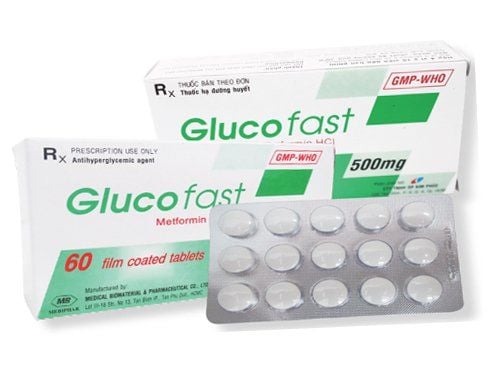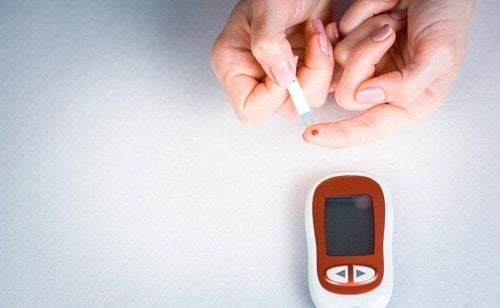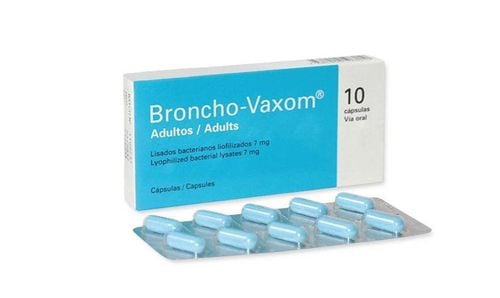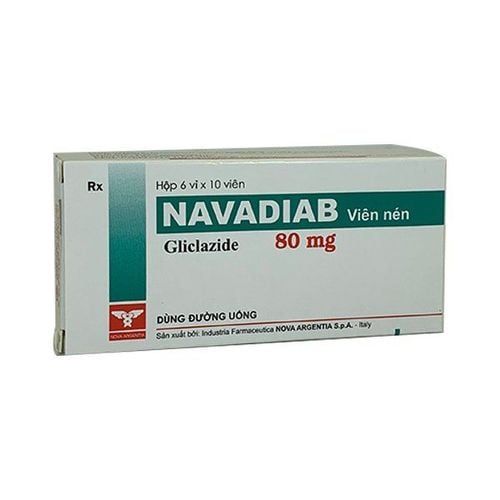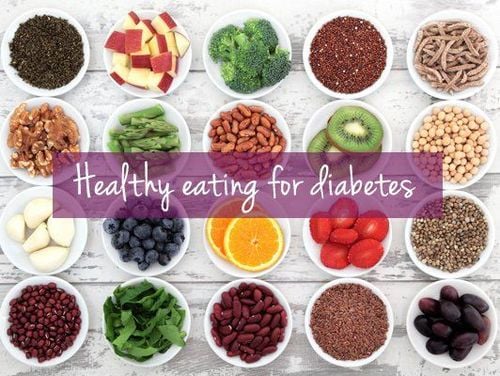This is an automatically translated article.
For a long time, vaccination has been recognized worldwide as a safe, effective, and beneficial method for the prevention of a number of infectious diseases. In diabetics, the immune system is easily attacked, making the patient more susceptible to other infectious diseases such as influenza, pneumococcal disease, chickenpox, etc. It is very important to avoid dangerous complications.
1. What is diabetes?
Diabetes mellitus, also known as diabetes mellitus, is a heterogeneous metabolic disorder characterized by hyperglycaemia due to defects in insulin secretion, insulin action, or both. Chronic elevation of glucose for a long time causes disturbances in carbohydrate, protein, and lipid metabolism, causing damage in many different organs, especially the heart and blood vessels, kidneys, eyes, and nerves.
2. What kind of vaccine should diabetics get?
Vaccination helps the body prevent and mitigate infectious diseases. In patients with diabetes, the immune system is susceptible to attack, leading to an increased risk of infectious diseases. Especially when suffering from these diseases, the morbidity and mortality rates are quite high. Therefore, we need to pay attention to vaccination against common infectious diseases in diabetics.
So what vaccines should be given to people with diabetes?
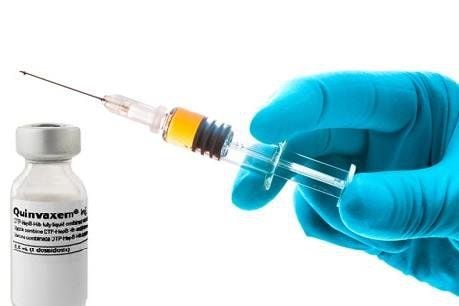
Ở bệnh nhân tiểu đường, hệ thống miễn dịch dễ bị tấn công, dẫn tới việc tăng nguy cơ mắc các bệnh truyền nhiễm
2.1 Influenza Vaccine Influenza is a very common illness and can be the trigger of other serious illnesses such as pneumonia, sepsis, and even death. In patients with diabetes with influenza, infection was worse, more coronary complications, 2–4 times higher risk of cardiovascular disease, 6 times higher hospitalization rates, and 5 to 5 mortality rates. % to 15%.
It is recommended that patients with diabetes get a flu vaccine once a year in the fall (or winter-spring) for protection and prevention.
2.2 Pneumococcal vaccine Pneumococcal is one of the leading causes of severe pneumonia, sepsis and meningitis, etc., leading to hospitalization and easy death.
The World Health Organization estimates that people with diabetes are nearly 3 times more likely to die from complications from pneumonia among those hospitalized (4.4 times more in type 1 and 1 diabetes). ,2 times in type 2 diabetes.
People with diabetes should be vaccinated with pneumococcal polysaccharide vaccine (PPSV23). Patients under 65 years of age should receive one dose and another dose when ≥ 65 years of age, provided that the following dose is at least 5 years apart from the previous dose. People with diabetes with comorbidities such as nephrotic syndrome, chronic kidney disease, immunocompromised state and people after organ transplant also need PCV13 vaccine.
The pneumococcal vaccine can be given at the same time as the flu vaccine or at any time of the year. Each patient needs at least one dose of the vaccine.
2.3 Hepatitis B Vaccine In diabetics, the risk of hepatitis B (HBV) infection is 2.1 times higher than in people without diabetes. Poor glycemic control and immunosuppression in patients with diabetes increase the risk of hepatitis B outbreaks, progressive hepatitis, and increased risk of cirrhosis and liver cancer.
Hepatitis B vaccination for diabetics is necessary. Patients need to be vaccinated with 3 doses of the vaccine: the first and second doses after 1 month, the third dose after the next 5 months.
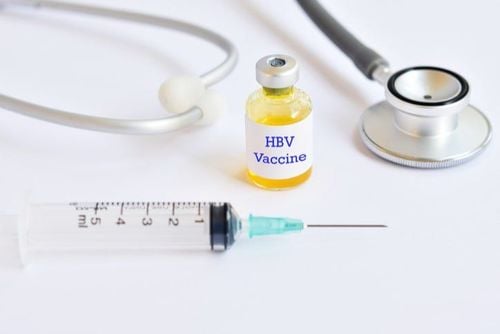
Vắc xin phòng viêm gan siêu vi B
2.4 Vaccines against diphtheria, pertussis, and tetanus Whooping cough is very dangerous for very young children. Therefore, it is necessary to give children 5 doses of DTAP vaccine before 7 years of age, at the time when children are 2, 4, 6 months, 15-18 months and 4-6 years old.
In addition, adolescents (commonly recommended for children 1-12 years) and adults should also receive an immune booster dose to maintain protective immunity against pertussis as well as prevent bacteria transmitted from adults to children.
For older children (over 11 years old) and adults, a booster shot of TDAP vaccine - a vaccine against diphtheria, tetanus and pertussis, with a smaller dose of diphtheria antigen is required.
Pregnant women are also recommended to get one dose of TDAP per pregnancy (preferably weeks 27 to 36) to protect their newborn against pertussis.
2.5 Some other vaccines that can be given in addition to diabetes There are other vaccines also recommended that can be given to patients with diabetes such as:
Chickenpox vaccine (Chickenpox): for all diabetic patients over 60 years of age.
Zoster vaccine (Shingles or shingles): 1 dose is required for diabetics ≥ 60 years old
Human papillomavirus (HPV) vaccine: applicable to women ≤ 26 years old or men ≤ 21 years old.
Please dial HOTLINE for more information or register for an appointment HERE. Download MyVinmec app to make appointments faster and to manage your bookings easily.




